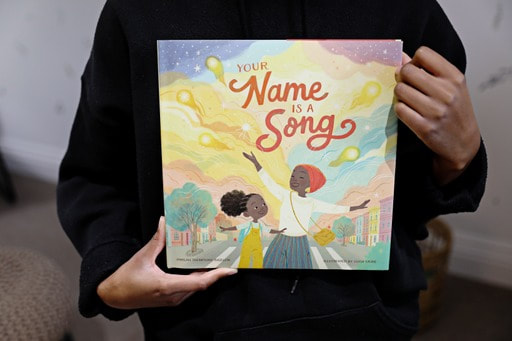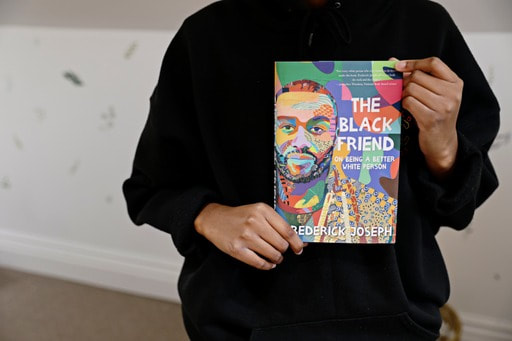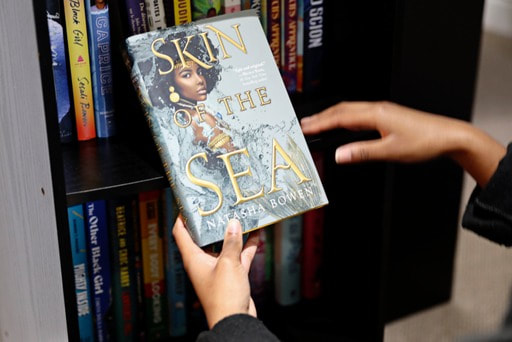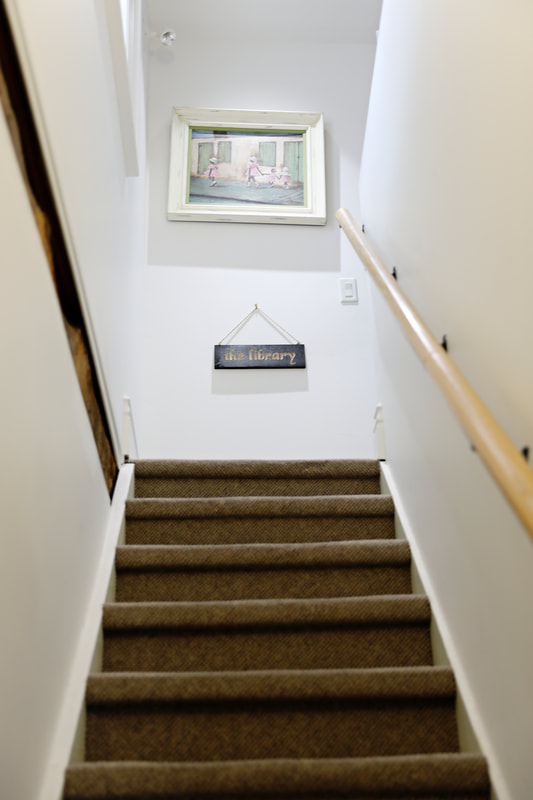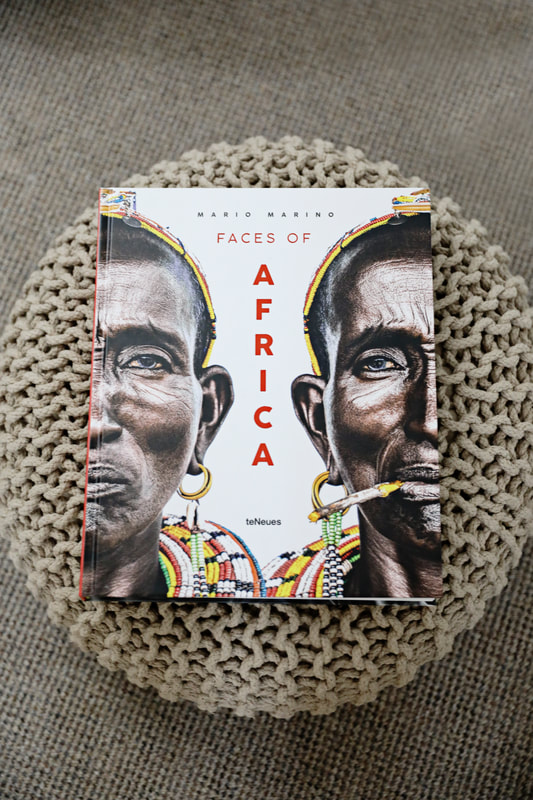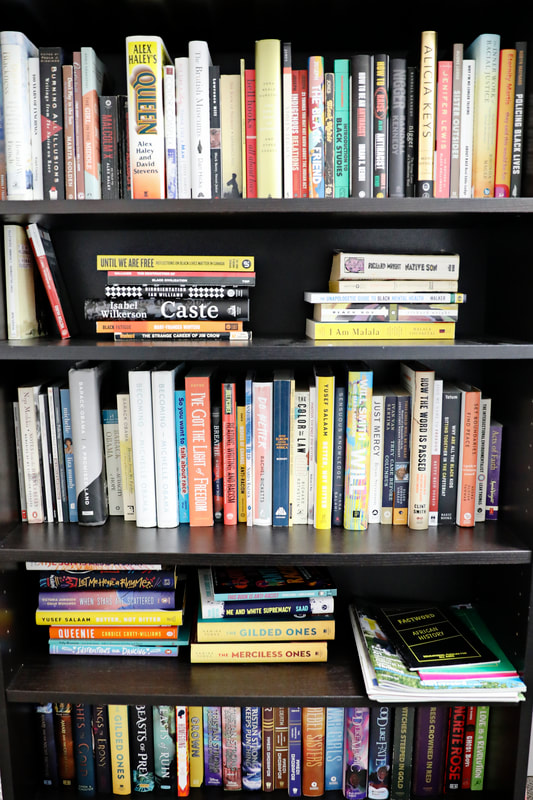Search by Title or Author |
|
|
The Iris Malcolm Library opened on October 8, 2022 as the first and only African centered library in York Region. Thanks to everyone in our community who have invested in bringing this incredible resource to the Newmarket and York Region community. The purpose of the library is to:
|
Eden's Picks - Must Reads from the Iris Malcolm Library
|
Your Name Is A Song
By Jamilah Thompkins-Bigelow Illustrated By Luisa Uribe Discouraged that her teachers and peers can’t pronounce her name, a young girl vows to never return to school. On the walk home, her mother teaches her about the beauty and musicality behind African, Asian, Middle Eastern and Latinx names. With this new knowledge, the young girl decides to go back to school and share the new knowledge she’s gained with her classmates. Your Name Is a Song is a celebration of the beauty, history and magic behind names. |
|
The Black Friend : On Being A Better White Person
By Fredrick Joseph Recounting his experiences with racism as if the reader is a friend, Fredrick Joseph educates readers on how to be better allies to the Black community. He discusses, alongside prominent artists and activists who share their experiences with racism topics such as white privilege, “reverse racism”, and cultural appropriation. The Black Friend serves as a tool-kit and conversation starter that is a must read to everyone who is committed to anti-racism and racial justice. |
|
Skin Of The Sea
By Natasha Bowen Here is a young adult fantasy book that explores African Simi serves the gods as a Mami Wata- (mermaid). She collects the souls of those who have died at sea and blesses their journey into the afterlife. Going against the ancient decree, Simi saves a human boy when he is thrown overboard. She must travel across land and sea in search of the Supreme Creator to rectify the decision she made after breaking the law and putting the existence of all mami wata in jeopardy. |

